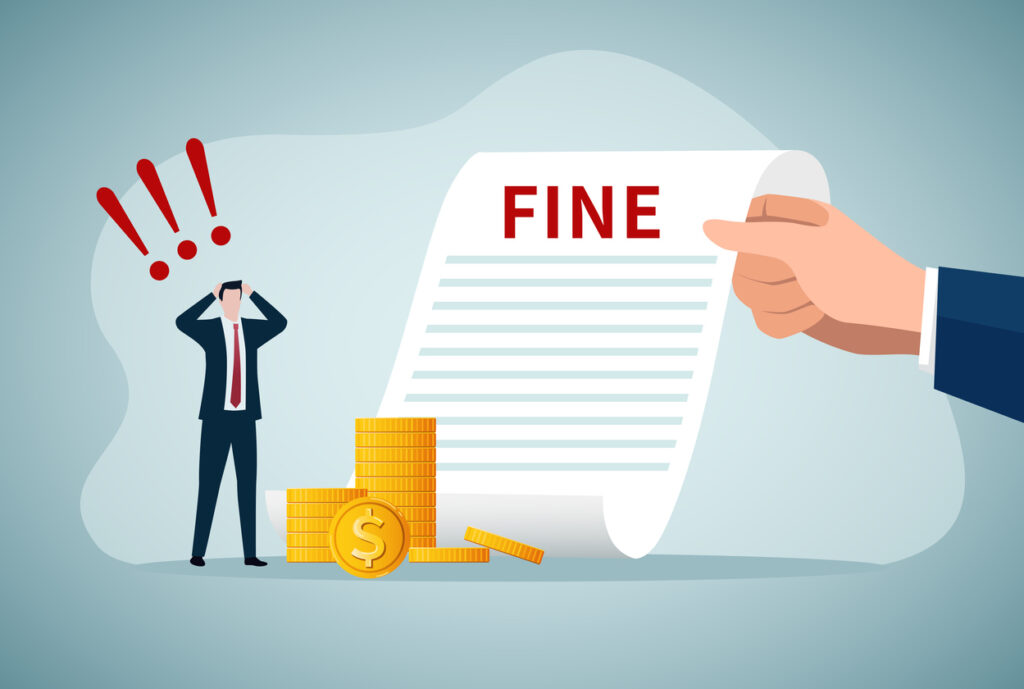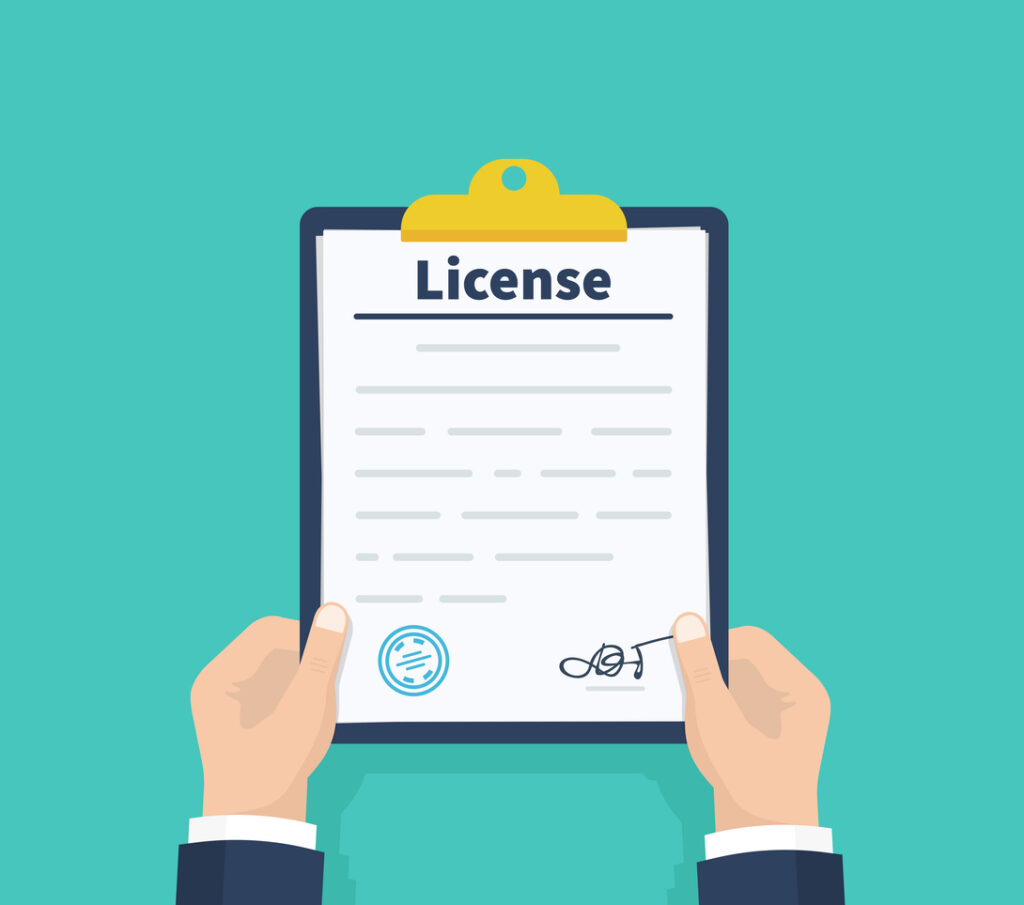How to Avoid Small Business Fines and Penalties
Small businesses struggle to balance their revenue and expenses. When you’re running on a narrow profit margin, the sudden addition of fines and penalties can sink your business. When these penalties come up, you may not have the thousands or tens of thousands of dollars you are being asked to pay, especially when you are given a short period to make the payment.
It’s important to avoid small business fines and penalties, but how do you do it? Here’s some advice for keeping your business on the right side of the law and avoiding major fines and penalties.

Research Your Requirements
Before starting a business, you should research the requirements your business will need to meet to avoid fines and penalties. Ignorance of the law will not protect you from meeting its requirements. Only understanding what regulations affect your business will help you comply and avoid penalties.
Some of these requirements are going to be general. Any business that plans to operate in a certain area will have general requirements related to taxes, incorporation, and reporting its beneficial owners. However, there are also specific requirements based on the industry you will be in. Try to understand these issues as best you can.
You don’t have to do all this research yourself. The Small Business Association (SBA), your local Chamber of Commerce, and even city and state officials can help you understand the regulations that will apply to your business and how to meet them.
Consult a Lawyer
When it comes to important business regulations, don’t trust your own research exclusively. Also know that the people you talk to in various places might give you incomplete or inaccurate information. If you want to make sure you really understand all the requirements your business must comply with, talk to a small business lawyer.
An attorney who is specifically trained in small business law will be your best resource for identifying requirements and achieving compliance.
It’s also a good idea to have an attorney available for consultation as your business grows and changes, as this can lead to changing requirements.
Get the Appropriate Licenses
Although some people get fines and penalties because they don’t know the law, many other small business owners know that they are operating their business without the appropriate licenses for their industry.
We understand: the licenses for your business seem overly expensive. It’s tempting to just do without. However, the cost of getting the proper licenses is typically much less than the penalties you will face for not being licensed.
There are also business benefits to being licensed. It will allow you to get the proper insurance for your business without paying exorbitant rates. It will give you access to better-paying clients who are looking for properly licensed professionals. Plus, it protects you from liability in some situations.
Not to mention the fact that you won’t always be looking over your shoulder and wondering which client, employee, or competitor might be considering reporting you as an unlicensed professional.

Pay Your Taxes
This might seem like an obvious piece of advice, but tax infractions are among the most common reasons why businesses face fines and penalties. In part, it’s because the tax payment requirements for businesses can be a little different from individual taxes. Many businesses are expected to pay estimated taxes throughout the year, and failing to pay these on schedule can lead to fines.
There are also additional taxes you might have to pay for payroll and other situations. Make sure you know the taxes you have to file and the schedule for payment, then follow it to avoid fines and penalties.
Set HR Up Right from the Start
One place where small businesses can get into trouble is when they start hiring employees. Like getting professional licenses, some small businesses look at the legal requirements for having employees and think they would rather avoid those requirements, such as registration and getting workers’ compensation.
Some small businesses try to skirt these requirements by treating employees as contractors, but this will lead to trouble in the future if employees can’t meet all the tests to be considered contractors. Again, it’s expensive and complicated at first, but it’s better than risking the penalties you might suffer otherwise. Take the responsibility of setting up your HR department right away, even if it’s just you doing it. This will make it easier to add new employees in the future and can improve the profitability of your business in the long run.
Track Major Business Changes
As your business changes, so will your legal requirements. Keep a running log of the changes your business is going through and talk to a lawyer about them on a regular basis to make sure you’re staying compliant.
How often is regularly? During your initial consultation, your lawyer will likely flag key events that might require changes within 30 days or so. Otherwise, a quarterly or even semi-annual consultation should be sufficient.
Get Help from a Small Business Lawyer in Denver
If you are starting or running a small business and are worried about the potential for fines and penalties, let Denver small business lawyer Elizabeth Lewis help. She’s been helping small businesses to establish themselves and grow since 2007. Elizabeth is dedicated to the success of her clients and is prepared to give you the personal attention you need to truly be successful. Elizabeth has been working exclusively with small and medium-sized businesses and understands how their needs differ from those of larger entities. She is focused on results and knows what it takes to help her clients achieve their goals.
For help avoiding fines and penalties in your business, please contact the Law Office of E.C. Lewis today. We serve clients in Denver and throughout Colorado.

